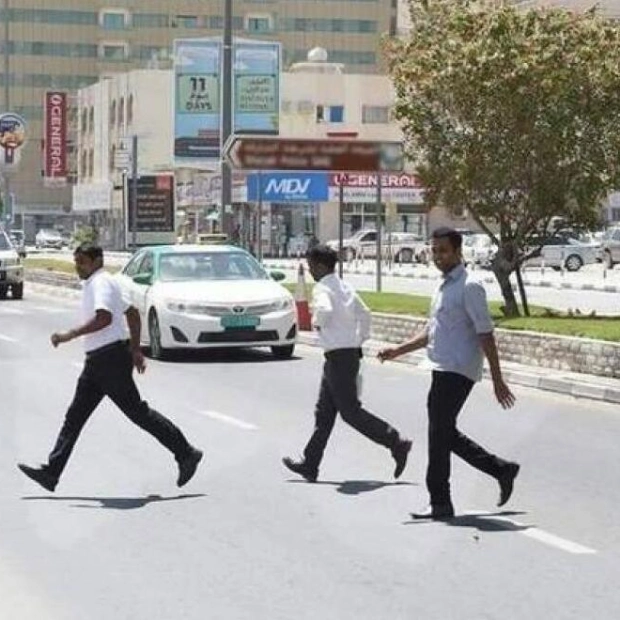An Indian nurse who was dismissed by a British care company secured a substantial payout on Monday, a case that legal experts believe could encourage other migrant workers to pursue claims against unscrupulous employers. Kirankumar Rathod is one of over 100,000 foreign workers who have come to Britain to fill care roles since 2022, when the government introduced a new visa route to address significant staffing shortages. However, critics argue that reports of labor exploitation in the sector have surged since the scheme's inception.
Rathod claimed he was left in severe financial hardship after being hired by London-based Clinica Private Healthcare Ltd, which failed to provide him with any work before firing him. In a rare decision on Monday, employment judge Natasha Joffe instructed Clinica to pay Rathod nearly £17,000 in unpaid wages to date and to continue paying his salary until his claim for unfair dismissal is resolved. "This is highly significant," Rathod's solicitor, Sarmila Bose of the Work Rights Centre, told the Thomson Reuters Foundation. "It demonstrates that redress is achievable for the numerous individuals who have been wronged by the visa scheme's operation."
Bose stated that the award was a "lifeline" for Rathod, his wife, and their six-year-old daughter, who had been plunged into a "desperate financial situation" by Clinica. Following the ruling, Rathod expressed immense relief. "This has been an incredibly stressful period for me, both emotionally and financially, as while Clinica denied me work and income, I was unable to support my family," he said in a statement to the Thomson Reuters Foundation.
Legal experts noted that it is exceptionally uncommon for judges to grant "interim relief," and the ruling strongly suggests Rathod will prevail in his case at the Central London Employment Tribunal when it is fully heard. Rathod revealed he had paid an agent in India £22,000 to secure a care job in Britain—though there is no indication Clinica was aware of this. Upon arriving in May 2023, he received a contract to work as a healthcare assistant with an annual salary of £23,500. When no work materialized, Rathod and other employees repeatedly visited Clinica's west London offices. After one visit, he received an email accusing him of "gross insubordination." Months without work culminated in Rathod informing a company representative he would pursue legal action; he was dismissed the following day on November 8, 2023.
"I told him the situation was devastating me, I couldn't sleep at night," Rathod stated in a witness statement. In a previous summary of the case, the judge noted that Clinica seemed to have "led on" a significant number of others, and its conduct suggested "something amiss" in its business operations. The tribunal was informed that Clinica's license to employ overseas workers had since been revoked. The company's representative argued that it could not be compelled to pay Rathod as it no longer held a license to sponsor overseas workers.
The Work Rights Centre, which is assisting three other migrant workers with claims against different companies, revealed that over 60 individuals had approached it with similar stories this year alone. However, Bose cautioned that this was just the tip of the iceberg. "Some companies hired dozens of people (from overseas) when they didn't really have jobs for them," she said. "The number of people affected overall is in the thousands." Labor experts informed a Thomson Reuters Foundation investigation this year that abuse was widespread in the care sector, but most migrant workers remained silent due to fears of losing their visa and facing deportation.






